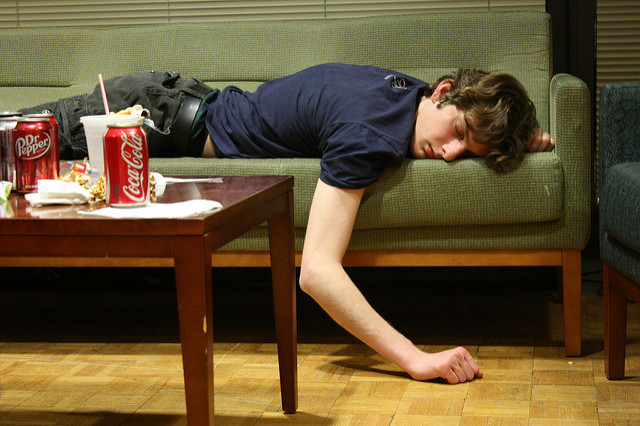Safe Spaces, trigger warnings, parental coverage of health insurance until age 26 and living at home into one’s thirties…why are we treating young adults like they are infants, folks? Without adversity, Millennials fail to develop perseverance and grit. Will they ever grow up?
The French playwright and existential philosopher Jean-Paul Sartre (1905-1980) had an expression for it: bad faith. He believed that every person is free to choose their next steps in life. Moreover, it’s nearly impossible to escape that freedom. (Indeed, Sartre wrote that we are “condemned to be free.”) To instead claim that we lack choice and the future is predetermined is to live in bad faith.
Bad faith involves self-deception. To deny the freedom to choose life plans means rejecting our own humanity. Someone who lives in bad faith treats themselves as an object, not as an autonomous or freely choosing agent. For Sartre, bad faith is both insincere and wrong.
Here are some instances of bad faith Sartre observed in the 1940s:
- The fake waiter who only pretends to serve others, going through the motions, but is never truly committed to the vocation.
- The indecisive woman on a date with a man who cannot commit to either returning the affections of her suitor or rejecting them.
- The closeted homosexual who feels guilt for aligning his habits and outward appearance with those of fellow straight people, but knows in his heart that it is not who he is, that he is truly different.
In Being and Nothingness, Sartre identified the crux of the problem: inauthenticity.
“If a man is what he is, bad faith is forever impossible and candor ceases to be his ideal and becomes instead his being. [ … ] If candor or sincerity is a universal value, it is evident that the maxim ‘one must be what one is’ does not serve solely as a regulating principle for judgments and concepts by which I express what I am. It posits not merely an ideal of knowing but an ideal of being; it proposes for us an absolute equivalence of being with itself as a prototype of being. In this sense it is necessary that we make ourselves what we are.”
So if you want to be your authentic self, then stop living in bad faith and make some serious life choices. How are safe spaces, trigger warnings, parental health coverage until age 26 and living at home into one’s thirties signs of living in bad faith?
In college, administrator-designed safe spaces create a false sense of security, denying young people the opportunity to experience the world’s uncomfortable realities (e.g. hate, sexism, racism, and homophobia) and make life choices accordingly. Trigger warnings about shocking or controversial class topics and materials, usually shared with students by professors, have the same effect: coddling the young adult mind.
Parental coverage of health insurance until age 26 and living at home into one’s thirties create more cocoons that inhibit free choice. There’s even a euphemism for living with the parents past an acceptable age: failure to launch. One out of three young adults (18-35 year olds) fail to launch, rely on mom and dad’s generosity far too long and deceive themselves into believing that they couldn’t choose to do otherwise.
If Millennials are going stop living in bad faith, grow up and become their authentic selves, then perhaps we need to give them the room to exercise that radical Sartrean freedom, to take exhilarating risks and to make defining choices in their adult lives.
—
Shane Ralston is an Associate Professor of Philosophy at Penn State University Hazleton.
[Image Credit: Flickr-HackNY.org | CC BY SA 2.0]
















Leave a Comment
Your email address will not be published. Required fields are marked with *